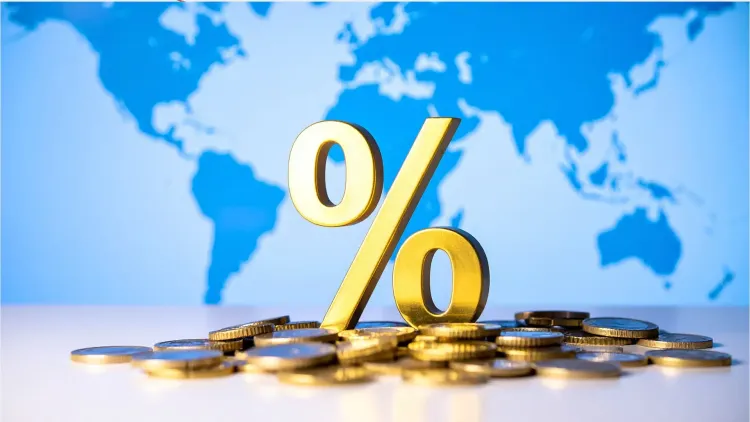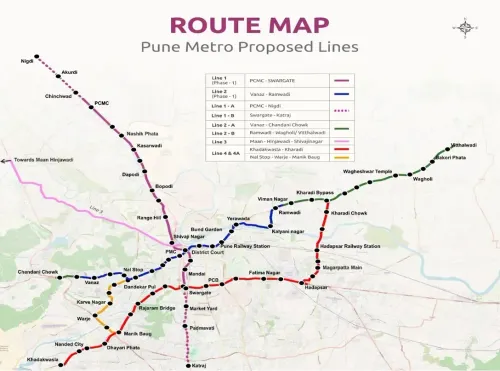Have Delayed Payments to MSMEs Declined Due to Policies?

Synopsis
Key Takeaways
- Delayed payments to MSMEs decreased significantly from Rs 10.7 lakh crore to Rs 7.34 lakh crore.
- The report highlights the success of policy measures in reducing payment delays.
- The TReDS platform has gained momentum, increasing discounted invoices.
- Addressing credit access challenges remains crucial for MSMEs.
- Recommendations include enhancing dispute resolution and expanding digital credit.
New Delhi, Nov 26 (NationPress) The volume of delayed payments to MSMEs has shown a consistent decrease, dropping from Rs 10.7 lakh crore in 2022 to Rs 7.34 lakh crore by March 2024, reflecting the favorable outcomes of various policy interventions, as outlined in a recent report.
This report offers an in-depth assessment of the pressing concern surrounding delayed payments to Micro, Small, and Medium Enterprises (MSMEs) in India, quantifying the value tied up in delayed receivables at Rs 7.34 lakh crore (adjusted for inflation) by March 2024, a decrease from Rs 8.27 lakh crore in 2023 and the peak figure of Rs 10.7 lakh crore in 2022.
Commissioned by the Global Alliance for Mass Entrepreneurship (GAME), Federation of Indian Micro and Small & Medium Enterprises (FISME), and C2FO India, the report was unveiled in the presence of V. Anantha Nageswaran, Chief Economic Advisor (CEA), and Ateesh Kumar Singh, Joint Secretary at the Ministry of MSME.
Nageswaran remarked, “As highlighted in the report, not only is the total amount of delayed payments diminishing, but there has also been a notable increase in the invoices discounted via the TReDS platform, which has risen from zero to Rs 2.4 lakh crore, encouraging more businesses to participate. We acknowledge that the challenge of delayed payments remains significant and requires continued efforts.”
Singh also commented, “When discussing access to credit for MSMEs, it is crucial to address adequate, timely, and affordable credit. To truly understand these aspects, we must conduct a thorough examination of the system, as the gaps extend beyond credit and encompass various forms.”
He added that “the credit landscape presents gender disparities, statutory inconsistencies, regional differences, and sector-specific challenges. It is imperative to identify realistic, tailored solutions to advance progress.”
The report advocates for a coordinated, multi-faceted policy approach, emphasizing the strict enforcement of timelines and penalties under Section 43Bh, alongside public disclosures of chronic defaulters. Enhancing TReDS as the primary platform for MSME payments, integrated with GST and Udyam data, is deemed essential.
Furthermore, the report emphasizes the necessity of establishing expedited and conclusive dispute resolution processes by enhancing and reinforcing Facilitation Councils and facilitating institutional arbitration. It also calls for reforming the Special Mention Account (SMA) classification to avert premature hindrances to viable small enterprises.
Additionally, increasing digital credit accessibility using GSTN and UPI data for cash-flow-based lending is critical. Lastly, a realignment of the Samadhaan portal through automation, standardized contracts, and real-time transparency is recommended, according to the report.









